Managing information technology (IT) departments requires more than mere technical knowledge and business skills. Successful IT leaders must also possess strong organizational, communication, and problem-solving skills. Earning a Master of Business Administration (MBA) in information technology can help students develop the array of aptitudes they need for these types of roles.
As the role of information technology in businesses continues to expand in new ways, demand for individuals who can oversee networks, software, and more is expected to increase. According to the Bureau of Labor Statistics (BLS), employment of computer and information systems managers is expected to grow by 15% through 2032. The median annual salary for individuals in this role is $164,070. The agency also predicts more than 311,000 new job openings for top executives, like chief technology officers, who earn a median annual salary of $100,090.
Depending on the program, the pacing, and the student’s experience level, earning an MBA in IT can take 1-3 years. The cost of an MBA in IT varies, with the National Center for Education Statistics (NCES) reporting that the average annual tuition for graduate programs during the 2021-22 academic year was $12,596 at public institutions and $29,931 at private non-profit colleges.
Why Trust Us
The Intelligent.com Higher Education Team is dedicated to providing students with independent, equitable school and program rankings and well-researched resources. Our expert-driven articles cover topics related to online colleges and programs, paying for school, and career outlooks. We use data from the U.S. Department of Education’s College Scorecard, the National Center for Education Statistics, and other reputable educational and professional organizations. Our academic advisory team reviews content and verifies accuracy throughout the year for the most current information. Partnerships do not influence rankings or editorial decisions.
- Analyzed over 2,000 national, accredited, and nonprofit colleges and universities
- 800+ rankings pages are reviewed and updated yearly
- Content is informed by reputable sources, surveys, and interviews with academic advisors and other experts
- Over 100 data points are reviewed for accuracy and quality throughout the year, including sources
Our Methodology
Our list features the best MBA in Information Technology degree programs at top colleges nationwide. Each school featured is a nonprofit, accredited institution — either public or private — with a high standard of academic quality for post-secondary institutions.
We evaluated each school’s program on tuition costs, admission, retention and graduation rates, faculty, reputation, and the student resources provided for online students. We collected data from trusted sources like the National Center for Education Statistics, individual school and program websites, school admissions counselors, and other data sources. Then, we calculated the Intelligent Score on a scale of 0 to 100 based on the following criterion:
Academic Quality:
- Admission rate versus enrollment rate
- Retention rate of students who return after year one
- Accreditation status (regional and programmatic)
- Nonprofit status, both private and public institutions
Graduation Rate
- Overall graduation rate
- Total number of currently enrolled students, including diversity metrics
- Student-to-faculty ratio
Cost and ROI
- In-state and out-of-state per-credit tuition rates and fees
- Required credits to graduate
- Earning potential after graduation
- Availability of federal student loans, scholarships, and other financial aid options
Student Resources
- Available student services for online-only and hybrid programs
- On-campus amenities like tutoring centers and the number of libraries
Read more about our ranking methodology.
Best 14 Accredited MBA in Information Technology Degree Programs
FiltersInstitution Type
Status
- Intelligent Score
- Alphabetically By University Name
- Acceptance Rate
- Enrollment
- In-state Graduate Tuition
- Out-of-state Graduate Tuition
- In-state Undergraduate Tuition
- Out-of-state Undergraduate Tuition

Seton Hall University
Intelligent Score: 99.82In-state: $42,920
Out-of-state: $42,920
In-state: $24,372
Out-of-state: $24,372
SAT: 1150-1310
ACT: 25-30
$1,465
On-Campus
Association to Advance Collegiate Schools of Business
40
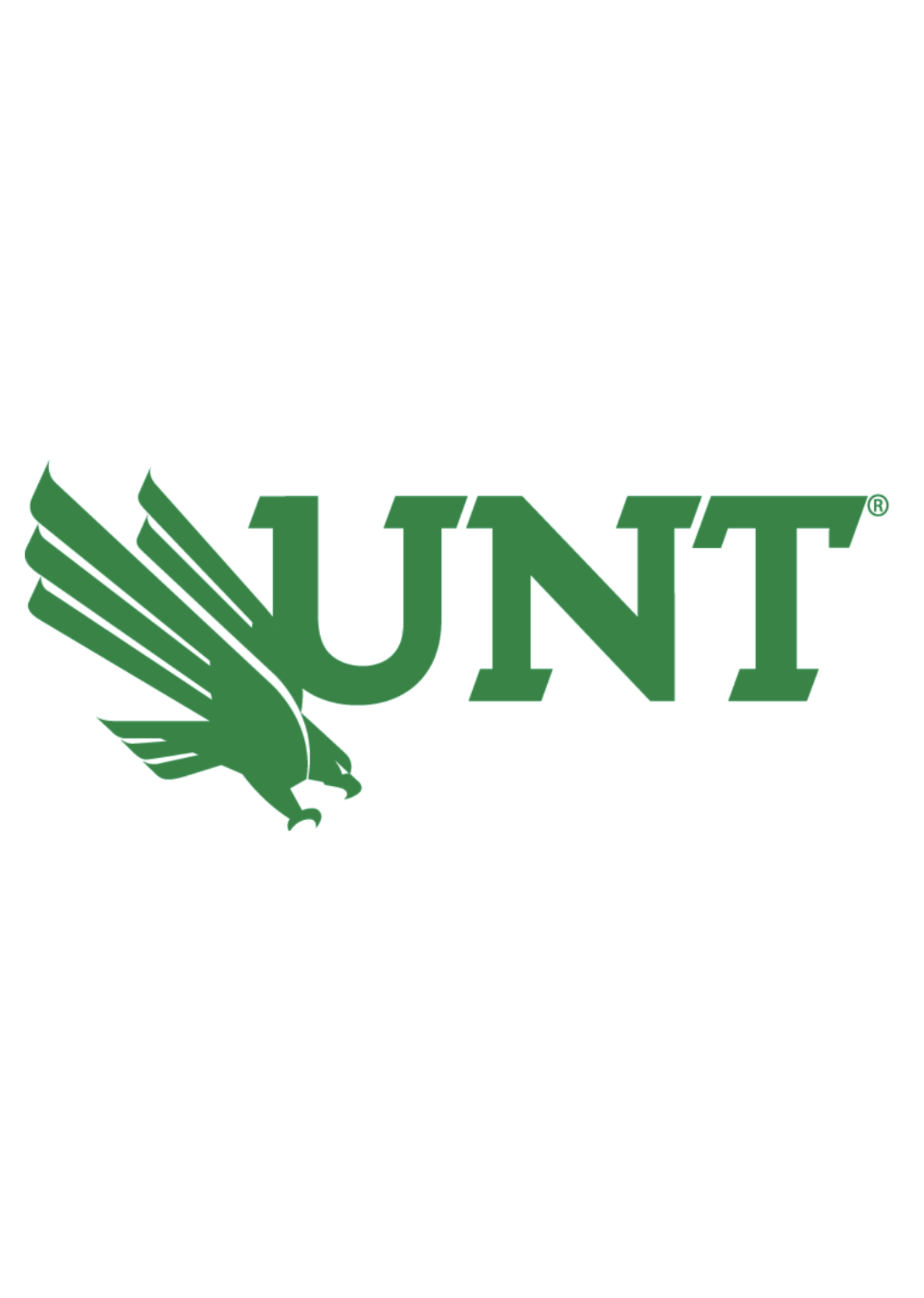
University of North Texas
Intelligent Score: 97.17In-state: $8,295
Out-of-state: $18,111
In-state: $6,350
Out-of-state: $6,350
SAT: 1050-1240
ACT: 20-27
In-State: $1,393
Out-of-State: $1,803 - $1,918
On-Campus
Association to Advance Collegiate Schools of Business
36

Webster University
Intelligent Score: 96.18In-state: $28,500
Out-of-state: $28,500
In-state: $13,500
Out-of-state: $13,500
SAT: 1078-1260
ACT: 20-27
$752
On-Campus, Online, Hybrid
Accreditation Council for Business Schools and Programs
42-45

Fordham University
Intelligent Score: 94.76In-state: $54,730
Out-of-state: $54,730
In-state: $23,112
Out-of-state: $23,112
SAT: 1230-1410
ACT: 27-32
$2,516
On-Campus
Association to Advance Collegiate Schools of Business
60

UMass Lowell
Intelligent Score: 93.69In-state: $15,791
Out-of-state: $35,779
In-state: $14,014
Out-of-state: $14,014
SAT: 1200-1390
ACT: 27-32
In-State: $873
Out-of-State: $1,578
On-Campus, Online, Hybrid
Association to Advance Collegiate Schools of Business
30
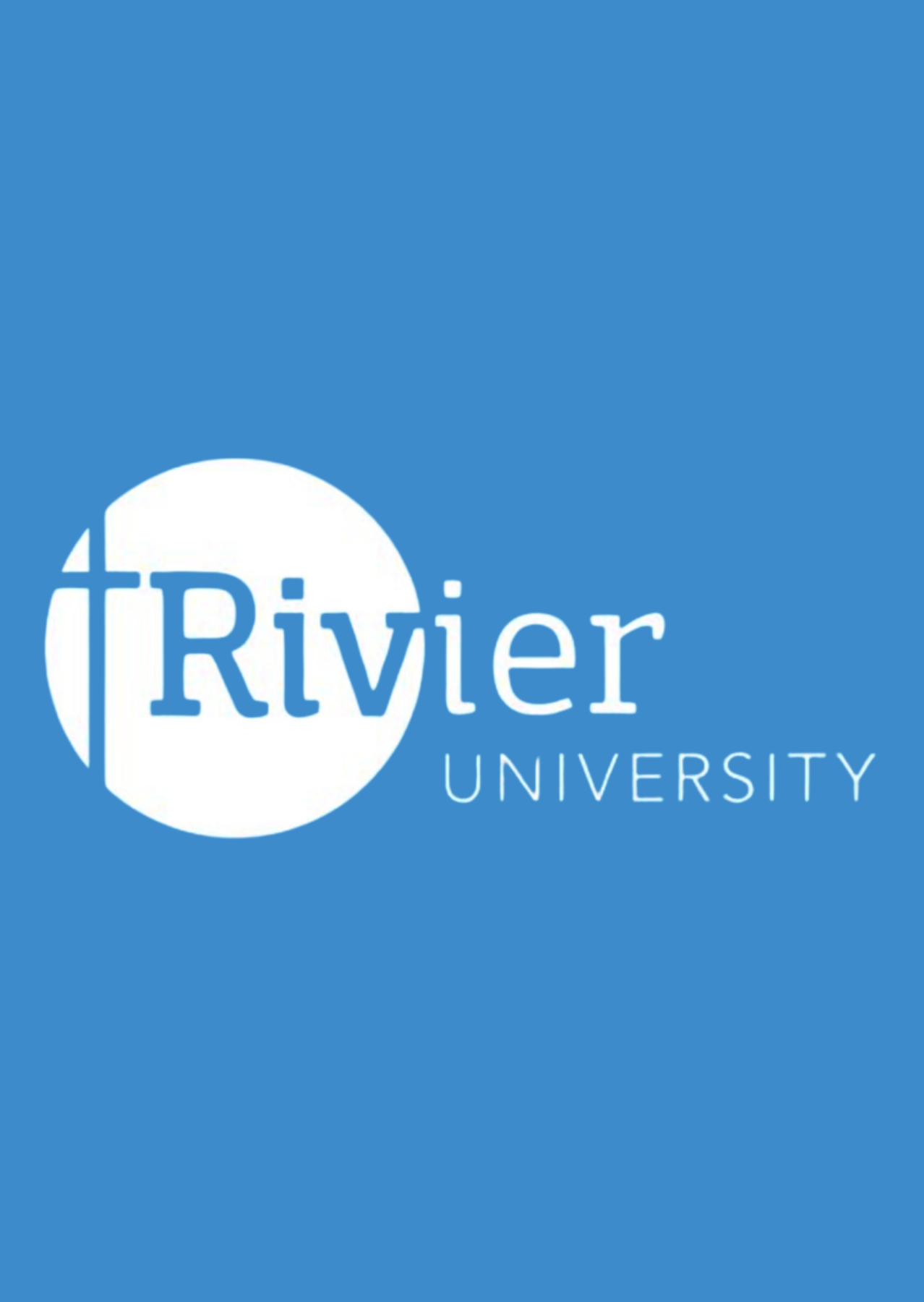
Rivier University
Intelligent Score: 93.28In-state: $33,410
Out-of-state: $33,410
In-state: $11,430
Out-of-state: $11,430
SAT: N/A
ACT: N/A
$664
On-Campus, Online
Accreditation Council for Business Schools and Programs
36

Golden Gate University
Intelligent Score: 93.21In-state: $12,456
Out-of-state: $12,456
In-state: $19,620
Out-of-state: $19,620
SAT: N/A
ACT: N/A
$1,090
Hybrid, Online
Association to Advance Collegiate Schools of Business
45
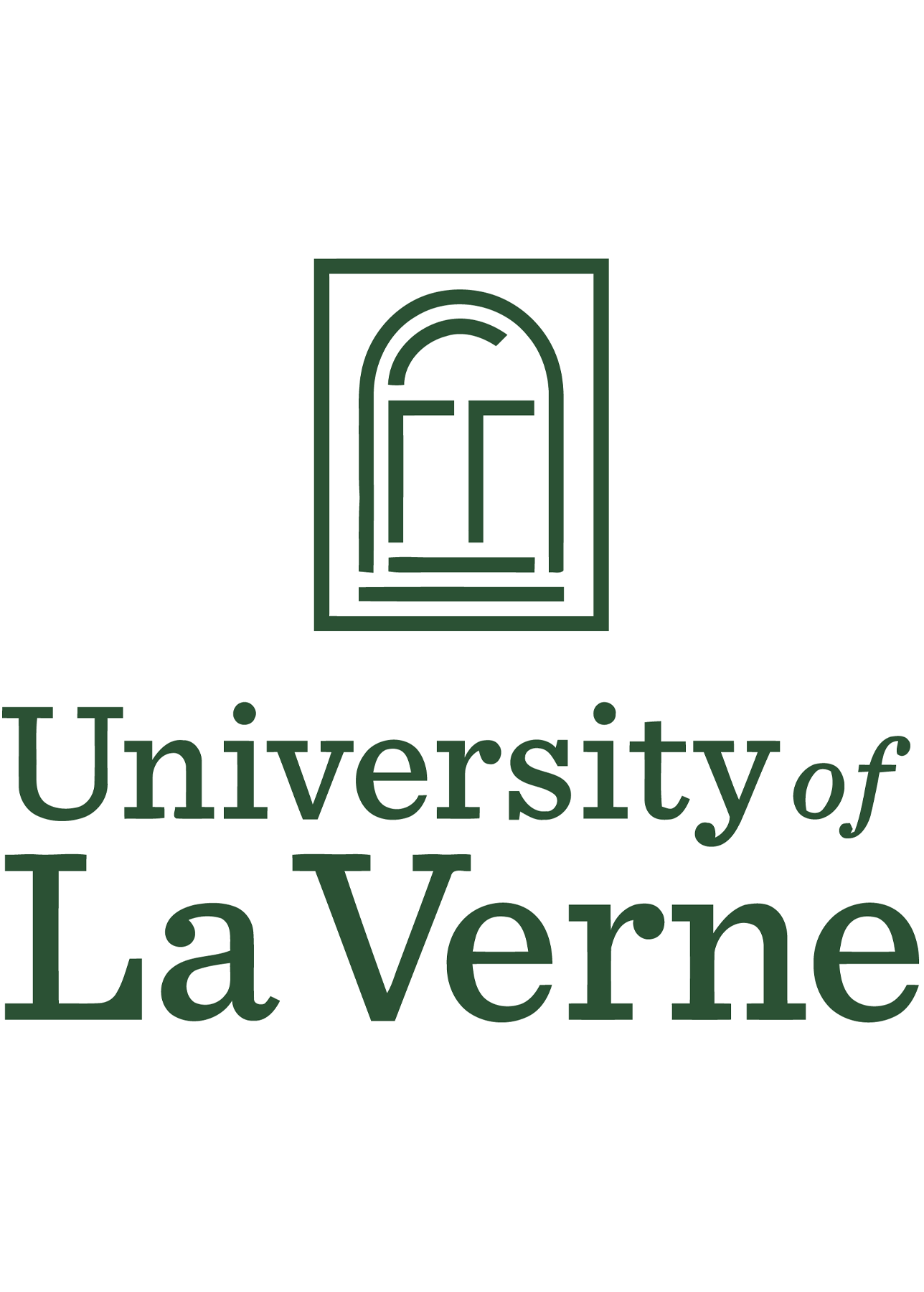
University of La Verne
Intelligent Score: 93.12In-state: $44,700
Out-of-state: $44,700
In-state: $14,346
Out-of-state: $14,346
SAT: 960-1150
ACT: 17-23
$935
On-Campus, Online
Western Association of Schools and Colleges Senior College and University Commission
36

Franklin University
Intelligent Score: 92.30In-state: $9,552
Out-of-state: $9,552
In-state: $16,080
Out-of-state: $16,080
SAT: N/A
ACT: N/A
$670
On-Campus, Online
International Accreditation Council for Business Education
36
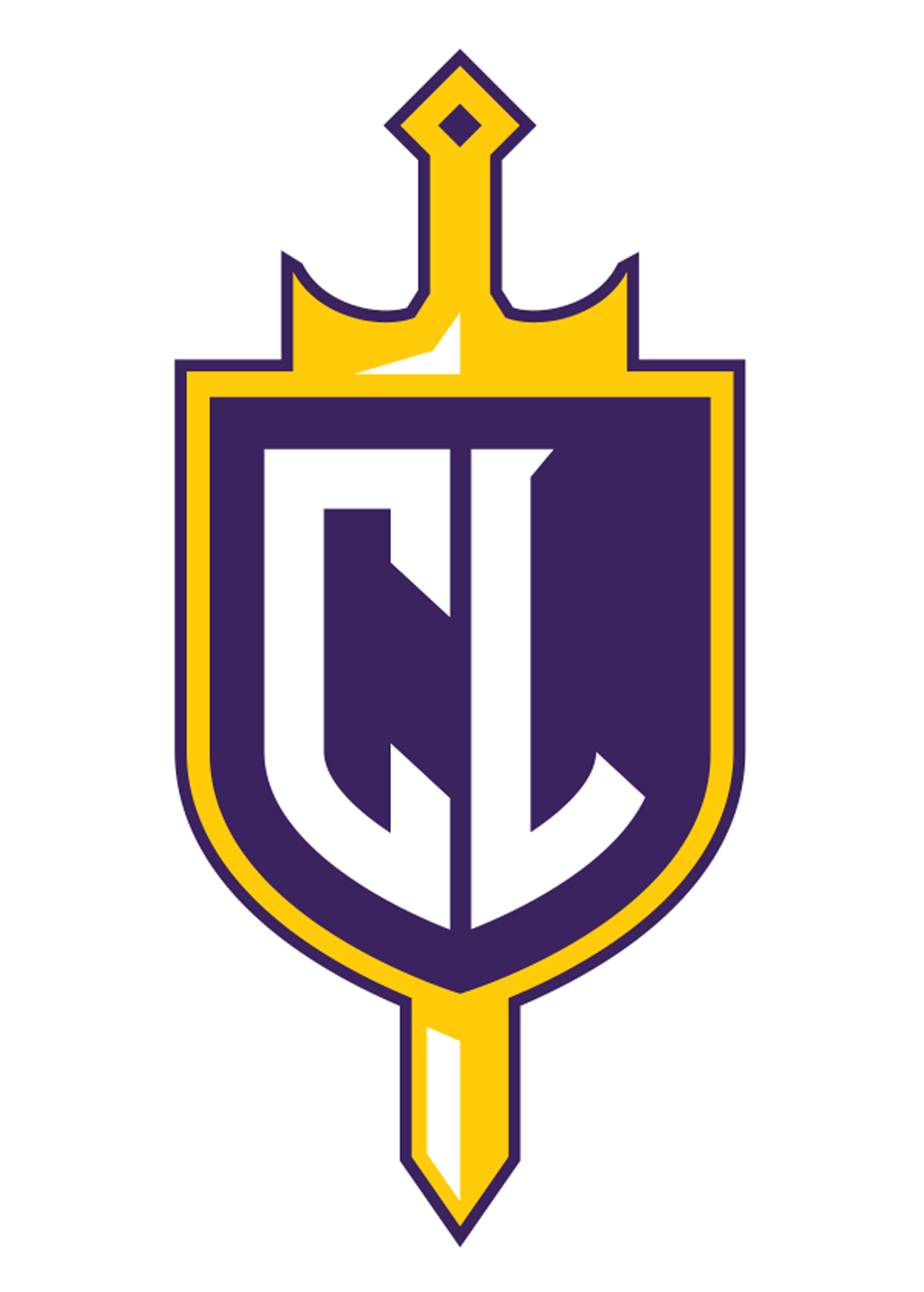
California Lutheran University
Intelligent Score: 91.13In-state: $45,500
Out-of-state: $45,500
In-state: $20,450
Out-of-state: $20,450
SAT: 1070-1240
ACT: 20-27
$905
On-Campus, Online, Hybrid
Accreditation Council for Business Schools and Programs
45

University of Delaware
Intelligent Score: 89.59In-state: $12,730
Out-of-state: $34,160
In-state: $34,164
Out-of-state: $34,164
SAT: 1150-1330
ACT: 25-30
$1,028
On-Campus, Online, Hybrid
Association to Advance Collegiate Schools of Business
44
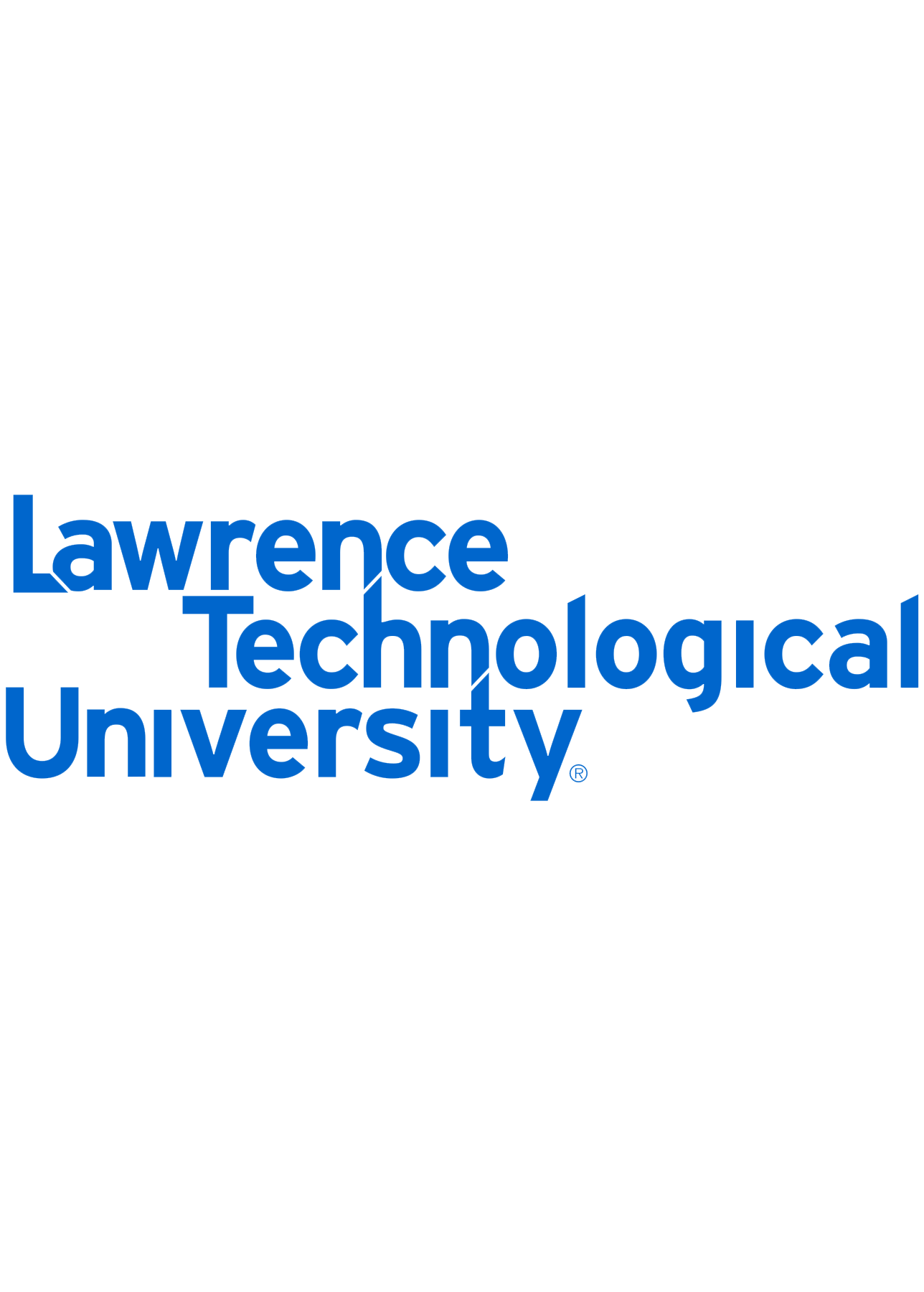
Lawrence Technological University
Intelligent Score: 89.04In-state: $35,430
Out-of-state: $35,430
In-state: $17,318
Out-of-state: $17,318
SAT: N/A
ACT: N/A
$1,480
On-Campus, Online, Hybrid
Association to Advance Collegiate Schools of Business
36

Indiana Wesleyan University
Intelligent Score: 88.15In-state: $28,184
Out-of-state: $28,184
In-state: $13,512
Out-of-state: $13,512
SAT: 1010-1200
ACT: 21-27
$565
On-Campus, Online
Accreditation Council for Business Schools and Programs
42
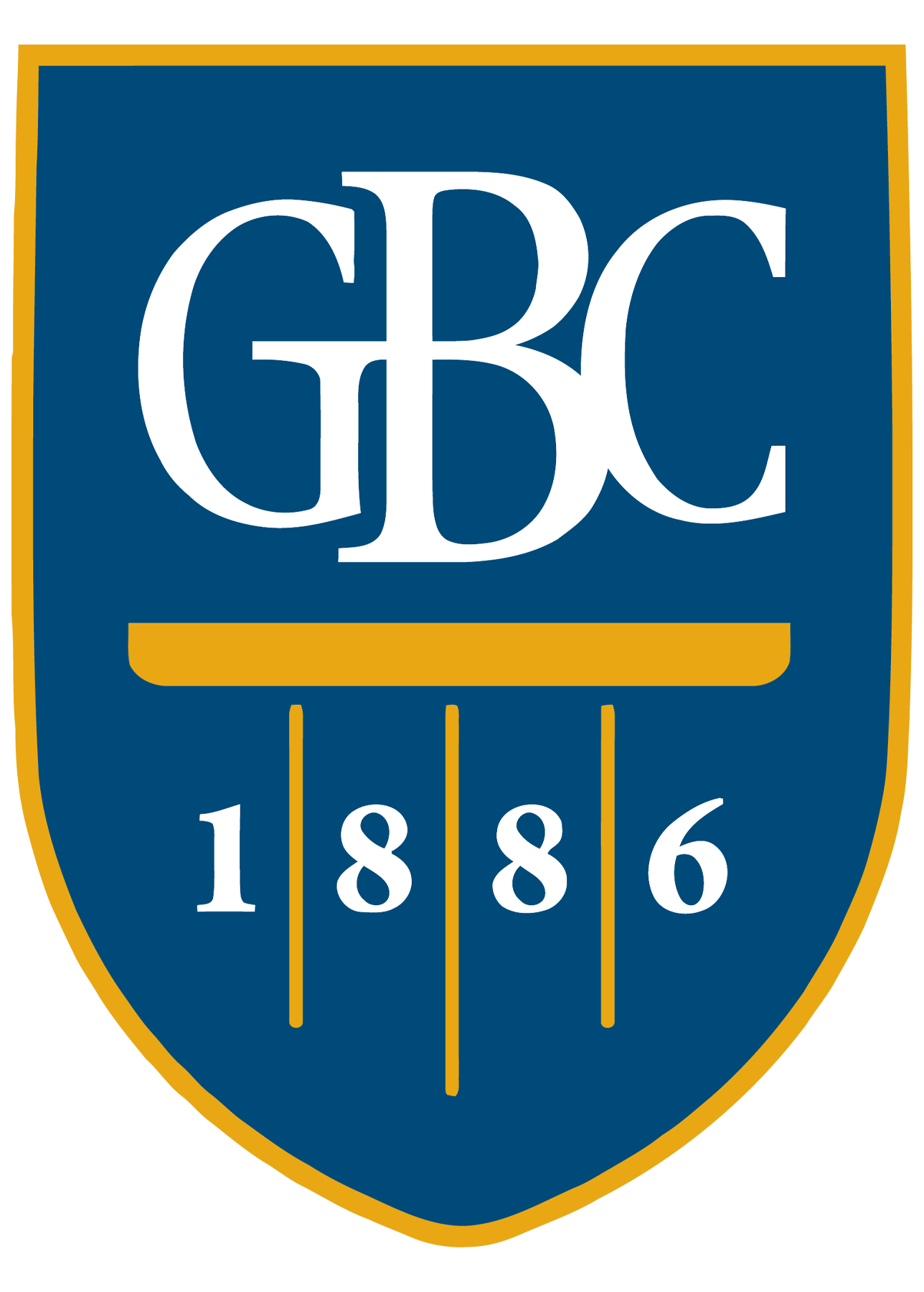
Goldey-Beacom College
Intelligent Score: 88.07In-state: $25,500
Out-of-state: $25,500
In-state: $20,106
Out-of-state: $20,106
SAT: N/A
ACT: N/A
In-State: $610
Out-of-State: $920
On-Campus
Accreditation Council for Business Schools and Programs
36
How to Choose an MBA in Information Technology Degree Program
Choose your area of study
Before starting your search for an MBA in information technology degree program, consider your specific career goals and what you hope to gain from this program. This degree prepares graduates for leadership roles related to IT, such as chief technology officer, IT manager, and IT consultant. Master’s degrees in computer science, information systems and technology, and information systems security can also lead to management positions within the tech industry.
Your educational and professional background may also affect what type of MBA in IT program you choose. Some programs require that students have a specific type of undergraduate degree or a minimum amount of work experience to be eligible. Others are open to students from a broader range of backgrounds.
Another consideration is what type of program you can accommodate in your schedule. Are you seeking a program with evening and weekend classes, or can you attend classes on weekdays? Do you want a full-time or part-time program? Establishing these criteria early on can help you narrow down your options.
Research schools and programs
To learn more about MBA in IT programs, visiting schools’ websites is an excellent place to start. Most institutions publish program information on their websites, including curriculum, course sequences, internship requirements, faculty, tuition, and admissions requirements. You can also contact the school directly to speak to a program representative or admissions counselor if you have questions. Attending in-person or virtual open houses or information sessions can also be a helpful way to learn more about whether a program is a good fit,
As you explore your options, here are some essential questions to ask:
- What does the program’s curriculum include? How does it align with your interests and goals?
- Who are the faculty members? What are their qualifications?
- Are there internship requirements or other experiential learning components?
- What networking opportunities are available to students?
- What support services does the institution offer graduate students, including tutoring, tech support, and mental health care?
- What scholarship and financial aid opportunities are available?
- What type of accreditation does the institution and program have?
Verifying a school’s accreditation status is essential, as this can impact your eligibility for financial aid, future employment, and further educational opportunities. U.S. institutions can be regionally or nationally accredited, with regional accreditation being the more widely recognized accreditation status. Agencies like the Association to Advance Collegiate Schools of Business (AACSB) or the Accreditation Council for Business Schools and Programs (ACBSP) also offer accreditation specifically to business-related degree programs. You can confirm a school’s accreditation status and program through the Council for Higher Education Accreditation’s database.
Prepare for tests and applications
During your research phase, collect information about the admissions procedures for the programs that interest you, including deadlines and requirements. Each school sets its own admissions policies, so there will likely be some variance among the colleges you’re considering. Contact the school’s admissions office directly if you have questions about admissions requirements.
In general, MBA in IT programs require the following application materials:
- Completed application and required fees
- Official transcripts from all postsecondary schools previously attended
- Letter(s) of recommendation
- Resume or CV
- Personal statement
- GRE or GMAT scores
If you haven’t yet taken the GRE or GMAT, or if your scores are more than five years old, plan on taking one or both of these standardized tests well before your application is due. There are multiple opportunities throughout the year for students to take these exams and various ways to prepare for them, including self-paced study or prep classes. Because they can be challenging, account for the time needed to retake the exams if you don’t achieve your desired score on the first try.
Review the program’s eligibility requirements, including an undergraduate degree or coursework in business, IT, computer science, or a related field; a minimum undergraduate GPA; or a minimum amount of professional work experience.
Select your program
The number of MBA in IT programs you apply to is up to you. Admissions to MBA programs can be competitive, especially at top-tier business schools, so some students apply to multiple programs to increase their chances of acceptance. Meanwhile, other applicants focus on one or two schools that meet their specific needs and interests. If you apply to and are accepted at several schools, compare your options to the priorities you established in the first step to help you determine which program is the best match for you.
Determine how you’ll pay for your degree
Throughout your research and selection process, you should be collecting information about how much the program’s tuition is and what financial aid resources are available to MBA students. You can likely find this information on the school’s website, or you can contact a financial aid representative at the institution to provide more details.
Graduate students who need financial support to earn their degrees can apply for Direct Unsubsidized Loans and Direct PLUS Loans through the U.S. Department of Education’s Federal Student Aid program by submitting a Free Application for Federal Student Aid (FAFSA). Colleges use the information from this application to determine eligibility for aid based on financial need, including loans, scholarships, grants, and work-study.
Students planning to work while earning their MBA in IT should also inquire about tuition assistance benefits with their employer. Many companies offer financial assistance to workers earning an MBA because of the desirability of MBA skills. Students can also seek scholarships from external sources, like professional associations, nonprofits and private scholarship funds, and community or religious organizations.
What Can You Expect From an MBA in Information Technology Degree Program?
An MBA in information technology gives students a solid foundation in essential business management principles and advanced skills related to information systems management, including security, database administration, software implementation, project management, and more.
It’s common for MBA programs to have a core curriculum of general business and management courses, such as accounting, economics, and business ethics, alongside specialized classes in IT. Programs often emphasize hands-on learning with internships, case studies, and special projects. Some programs may also include a thesis or capstone project, allowing students to synthesize their technical and theoretical knowledge.The total number of credits required by an MBA in IT program can range from 30-60 credits. Students with extensive work experience may qualify for executive or accelerated MBA programs focusing on advanced-level coursework.
Potential courses you’ll take in an MBA in information technology degree program
- Database Management Systems: Studies the analysis, design, and implementation of databases and their applications and helps students develop data analysis skills and techniques necessary for proper decision-making.
- Technology of Electronic Commerce: Provides an understanding of Internet technologies and explores the business implications of these developments, with a focus on the technological aspects of electronic commerce.
- Information Systems Analysis and Design: Studies the concepts and tools involved in the top-down approach to information systems design and project management.
- Business Analytics for Managers: Introduces the concepts of business analytics and related concepts and techniques such as business intelligence, data analytics, data warehousing, data mining, and online analytical processing (OLAP).
MBA in Information Technology Degree Frequently Asked Questions
How do I apply to an MBA in information technology degree program?
Most schools currently accept applications and supporting materials through an online admissions portal on their website. You can learn more about a school’s admissions process by visiting their website or contacting their admissions office.
Eligibility requirements for MBA in IT programs vary by school. Most programs require students to be familiar with IT skills and concepts, although some are specifically designed for students with extensive professional experience in the field. Review the program’s eligibility criteria before beginning an application to ensure that you have the necessary qualifications.Exact application requirements will vary by school, but applicants are generally expected to submit an application, official undergraduate transcripts, letters of recommendation, a resume, a personal statement, and GRE or GMAT scores.
How much does an MBA in information technology degree cost?
Program costs vary based on several factors, including the type of school a student enrolls in and how much financial aid they receive. For specific information about how much a program costs, visit the school’s website or contact the school’s financial aid office to speak to a financial aid counselor.
As a point of reference, the Education Data Initiative reports that the average cost of an MBA degree is $56,850. However, there are a few things students should keep in mind regarding the cost of an MBA in IT. Public universities tend to be more affordable than private institutions, especially for students who reside in the state where the school is located. Out-of-state students may find that their public school tuition rates are similar to those at private colleges, which charge the same tuition for all students, regardless of residency. Students should also keep in mind that additional expenses, like room and board, transportation, books and supplies, and extra fees, can add to the overall cost of the degree.
How long does it take to earn an MBA in information technology degree?
The length of time it takes to complete an MBA in IT varies from one to three years, depending on the overall number of credits the program requires and the pace at which students progress through the program. Full-time students will typically finish their degree faster than those who attend on a part-time basis.
Some MBA in IT programs are designed as executive or accelerated programs for students who have an educational or professional background in business and IT. These programs can typically be finished more quickly than traditional MBA programs, which include more coursework for less experienced students.

